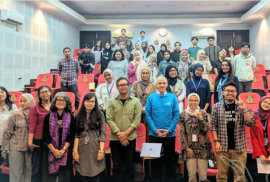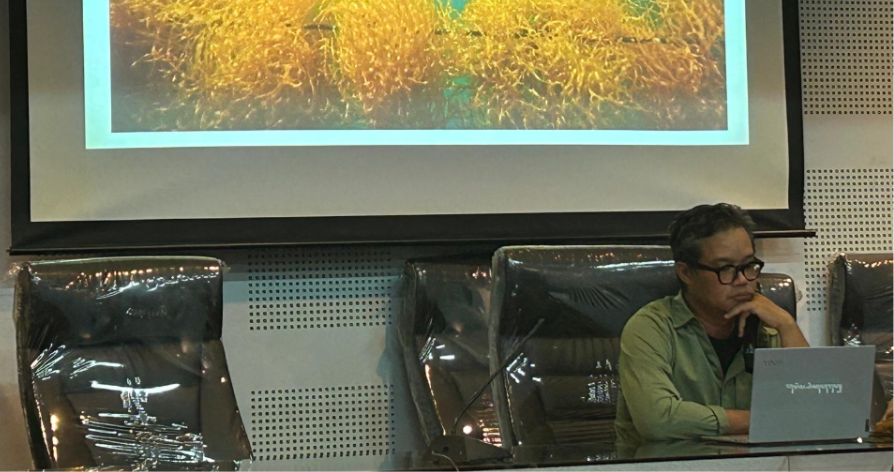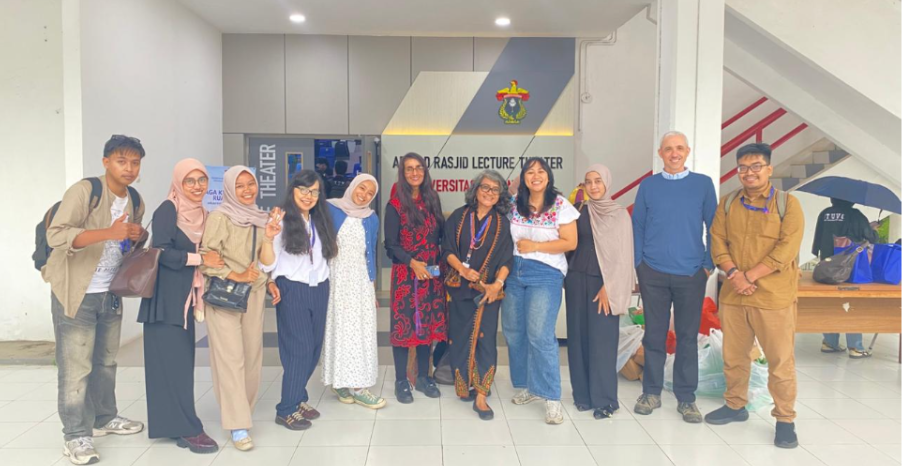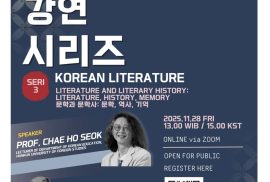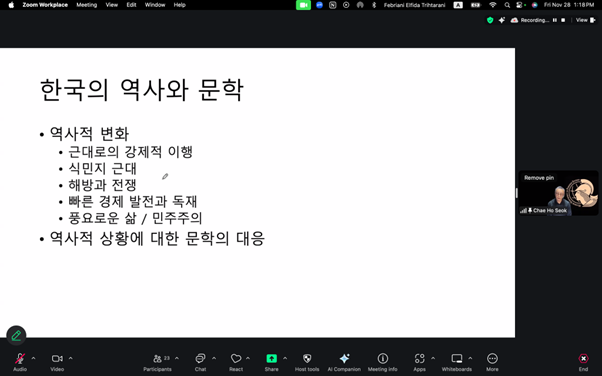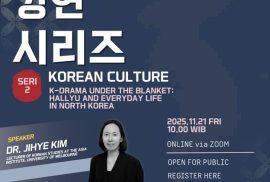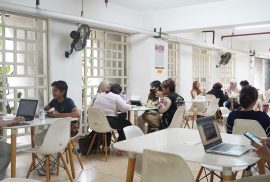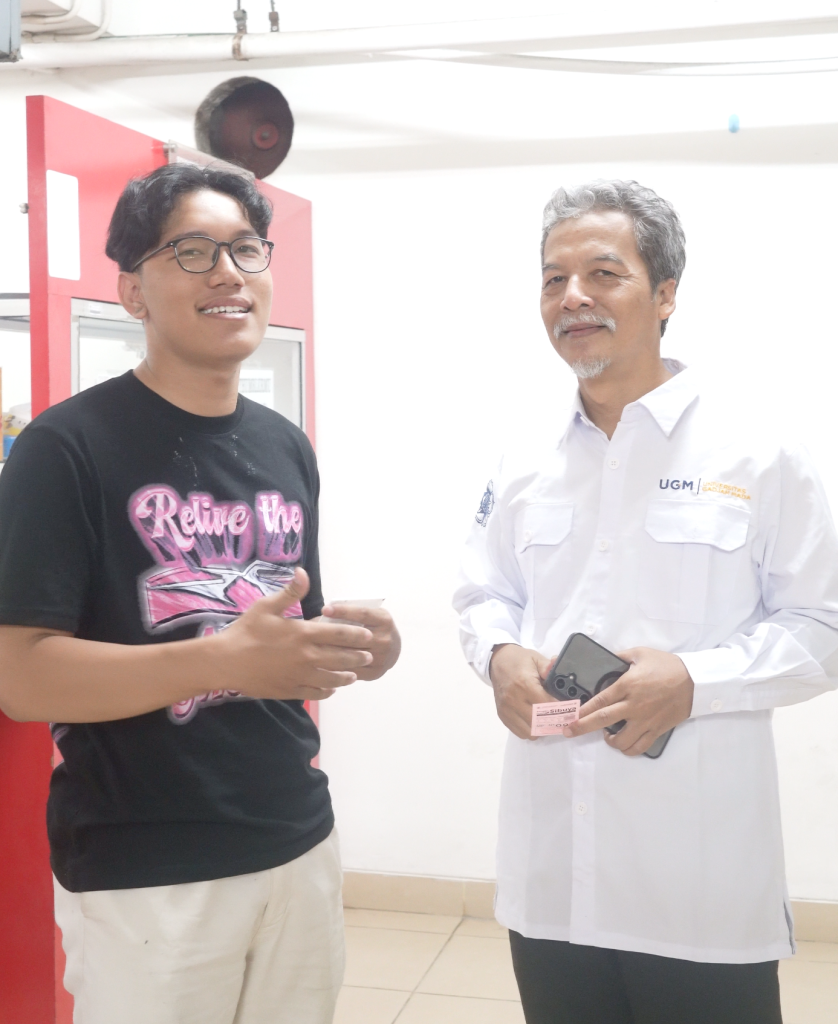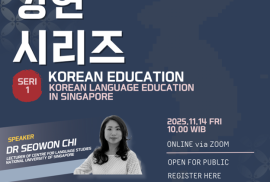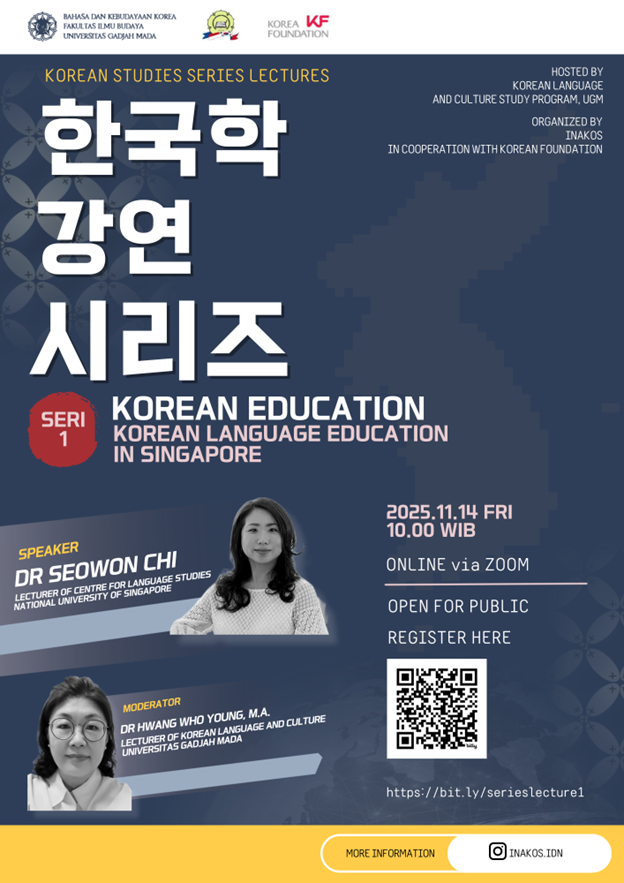The Anthropology Laboratory for Research and Action (LAURA) represents Universitas Gadjah Mada in the Participation of Women in Renewable Energy (POWERE) project. This initiative is funded by the UKRI Ayrton Challenge and involves several universities, including the University of Sussex, Universitas Indonesia, and Universitas Gadjah Mada. POWERE addresses issues of unequal access and the impacts of climate change in island and coastal communities. It introduces innovation through the use of floating photovoltaic systems (FPV) as an alternative renewable energy source, while also emphasizing gender perspectives and economic conditions in off-grid coastal communities. The project is not only focused on developing physical infrastructure but also building social infrastructure by strengthening gender inclusivity in the seaweed-based economy across coastal and island areas in South Sulawesi. Led by Prof. Raminder Kaur (US), Dr. Muhammad Zamzam Fauzanafi (UGM), Dr. Mia Siscawati (UI), Dr. Bradley Parrish (US), and Prof. Peter Newell (US), POWERE stands as a comprehensive multidisciplinary collaboration centered on renewable energy.
Since mid-year, the POWERE team has conducted preliminary studies in several locations, including Rannu, Katingting, and Biawasa, and presented the findings at the World Conference on Governance and Social Sciences at Hasanuddin University on 11–12 November 2025. The initial studies explored topics such as community-based infrastructure design, sensory ethnography, feminist perspectives on gender, climate change, and women’s resilience, renewable energy and social infrastructure, as well as climate adaptation challenges faced by seaweed-farming women. The broad range of issues emerging from solar energy development and its social implications continues to pose challenges for the project moving forward.
In addition to the Project Leads, the initiative involves postdoctoral researchers such as Dr. Diah Irawaty, Dr. Runavia Mulyasari, Dr. Chu Chun Yu, Dr. Agung Iswadi, and Monika Swastyastu, M.A., who contribute to ongoing research throughout the project. POWERE receives support from both governmental and non-governmental organizations, including CARE Indonesia, Aquatera, Development Finance International, Auroville Consulting, and the Ministry of Marine Affairs and Fisheries of the Republic of Indonesia, serving as financial partners and policy collaborators. Entering the first stage of the three-year program, the POWERE team has published newsletters in both Indonesian and English, accessible through the University of Sussex website and the Department of Anthropology. For the latest updates, readers may follow the official Instagram account @powere.women, which regularly shares photos and videos documenting project activities.
Writer: Okky Chandra Baskoro

